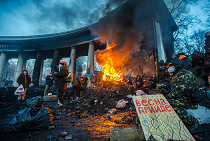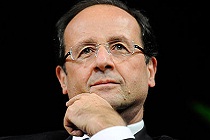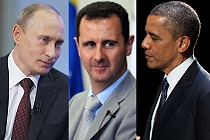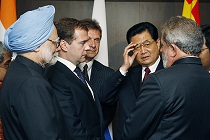The dangers of tightrope walking
Eastern Europe has seen tensions rise, increasing violence and a hardening of stands. Only the softening of the stark “either/or” choice currently being demanded by western powers as well as Russia will put an end to the precarious tightrope walking of east European governments and prevent their citizens from becoming victims of increased regional instability








